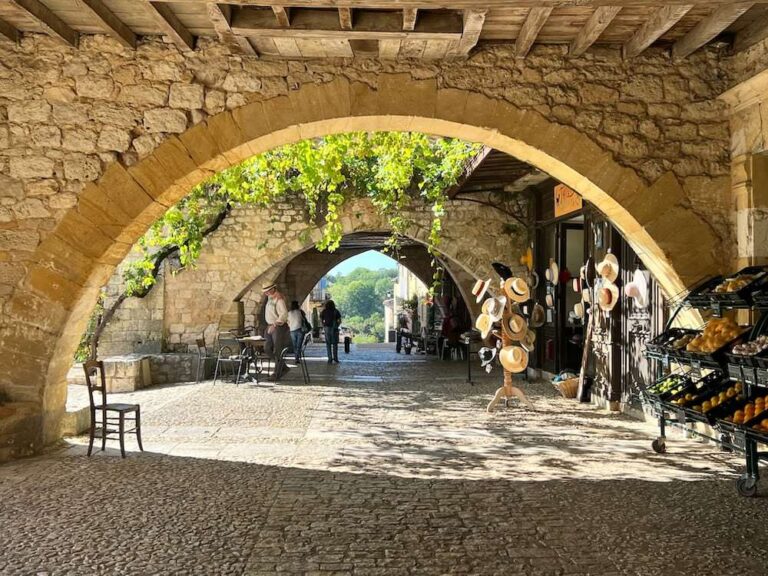pour + infinitive
In French, one of the most common ways to express purpose or intention is by using “pour” followed by an infinitive verb. This structure is equivalent to “in order to” in English and is widely used in both spoken and written French. In everyday English, the words “in order” are often omitted. 1. Basic Structure…









